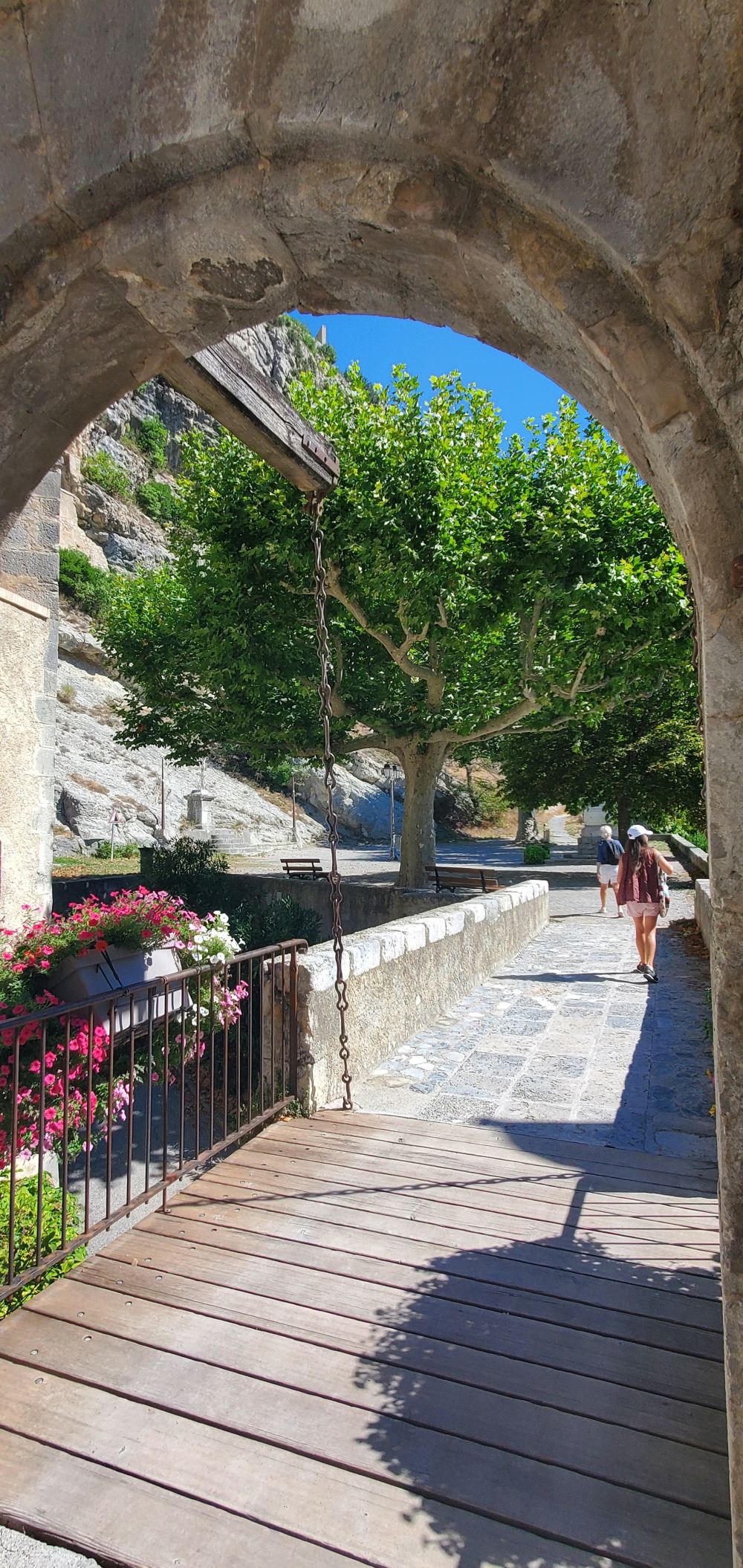Diana Ludet, Real Estate Agent in Nice
Why Buying Property in France Takes Time - and Why That’s a Good Thing
If you’re used to the fast pace of U.S. real estate where a deal can close in 30 days, the French process can feel surprisingly slow.
Even a simple apartment purchase in Nice typically takes at least two months, and more often three to four.
But there’s good reason for that: the French system is designed for protection and precision, ensuring every legal detail is verified, every party fully informed, and no one pressured into a rushed decision.
Let’s walk through what makes the timeline longer and why that’s ultimately reassuring.
Step 1: The “Compromis de Vente” (Preliminary Sale Agreement)
Once the buyer and seller agree on price and terms, both parties sign the compromis de vente, the legally binding preliminary contract.
It’s usually prepared by a notaire (the public legal officer who oversees all property transactions) or sometimes by the listing agency.
This document sets out:
- The property details and sale price
- Financing conditions (if applicable)
- Expected completion date
- Mandatory disclosures (diagnostics, ownership, easements, etc.)
After signing, the process officially begins, but several mandatory timelines kick in.
Step 2: Buyer’s 10-Day Cooling-Off Period
By law, every residential buyer in France receives a 10-day “délai de rétractation”, or cooling-off period.
During these 10 calendar days (previously 7 before a legal reform), you can withdraw from the purchase with no penalty and no explanation.
It’s similar to a due diligence period in the U.S., but here it’s absolute - a full right to change your mind.
Only after this period expires does the transaction become binding on the buyer’s side.
Step 3: The City’s Right of First Refusal (Droit de Préemption)
In France, every municipality has the right to purchase certain properties before a private buyer does. This is known as the droit de préemption urbaine.
After the compromis de vente is signed, the notaire must notify the city, which then has up to two months to decide whether to exercise that right.
- In most cases, the city declines within a few weeks.
- However, the sale cannot proceed until the city’s official decision is received in writing or its option to purchase has expired.
This rule helps the city acquire properties for urban planning or preservation, but it’s also a key reason why French transactions can’t close quickly.
Step 4: Financing and Mortgage Reflection Periods
If you’re buying with a mortgage, there are two additional layers of timing:
- Financing condition in the contract - most compromis de vente include a clause allowing 45 days for you to obtain your loan approval.
- 11-day “délai de réflexion” - even after your loan offer is issued, French law requires you to wait 11 full days before you’re legally allowed to sign it.
These cooling-off periods ensure you never commit under pressure and that your financing is fully secured before proceeding.
Banks and notaries take compliance seriously: no signature can take place until all legal waiting periods have passed.
Step 5: Administrative Verifications and Notary Coordination
During these weeks, your notaire conducts exhaustive checks:
- Verifying title and ownership
- Ensuring no liens or unpaid charges exist
- Confirming planning permissions and zoning
- Retrieving documents from the building’s syndic (property manager)
At the same time, both the buyer’s and seller’s notaries (if there are two) coordinate document transfers and schedule the signing date.
Appointments must align with everyone’s availability often a few weeks out, especially during holidays or summer.
Step 6: Final Signing (Acte de Vente)
Once all verifications are complete and the city’s authorization is received, the notaire invites both parties to sign the acte de vente - the final deed of sale.
You’ll review all final numbers (sale price, taxes, notary fees, mortgage funds), sign the act in person, with a digital signature, or via power of attorney, and receive your keys the same day.
Funds are then transferred securely through the notaire’s escrow account, ensuring both sides are fully protected.
So How Long Does It Really Take?
Here’s a typical Nice timeline:
| Step | Approximate Duration |
|---|---|
| Signing the compromis de vente | Day 0 |
| Buyer’s 10-day reflection period | +10 days |
| City’s right of first refusal | Up to +60 days |
| Mortgage approval and reflection | +45-60 days |
| Notary checks and coordination | +30-45 days |
| Average total duration | 2-4 months |
It may feel slow, but in the French system, nothing is rushed, and everything is verified.
The French Philosophy: Protect the Buyer, Protect the Property
What foreigners see as “delay” is, in fact, a safeguard. Each waiting period exists to prevent mistakes, misrepresentations, or hasty decisions.
When the process ends, you hold a property title that’s ironclad - every legal stone turned, every signature authenticated by the French Republic.
In short:
Buying in France takes patience - but it’s worth it. Between the city’s approval window, the buyer’s reflection periods, and meticulous notary checks, the process ensures your investment in Nice is secure, transparent, and built to last.
